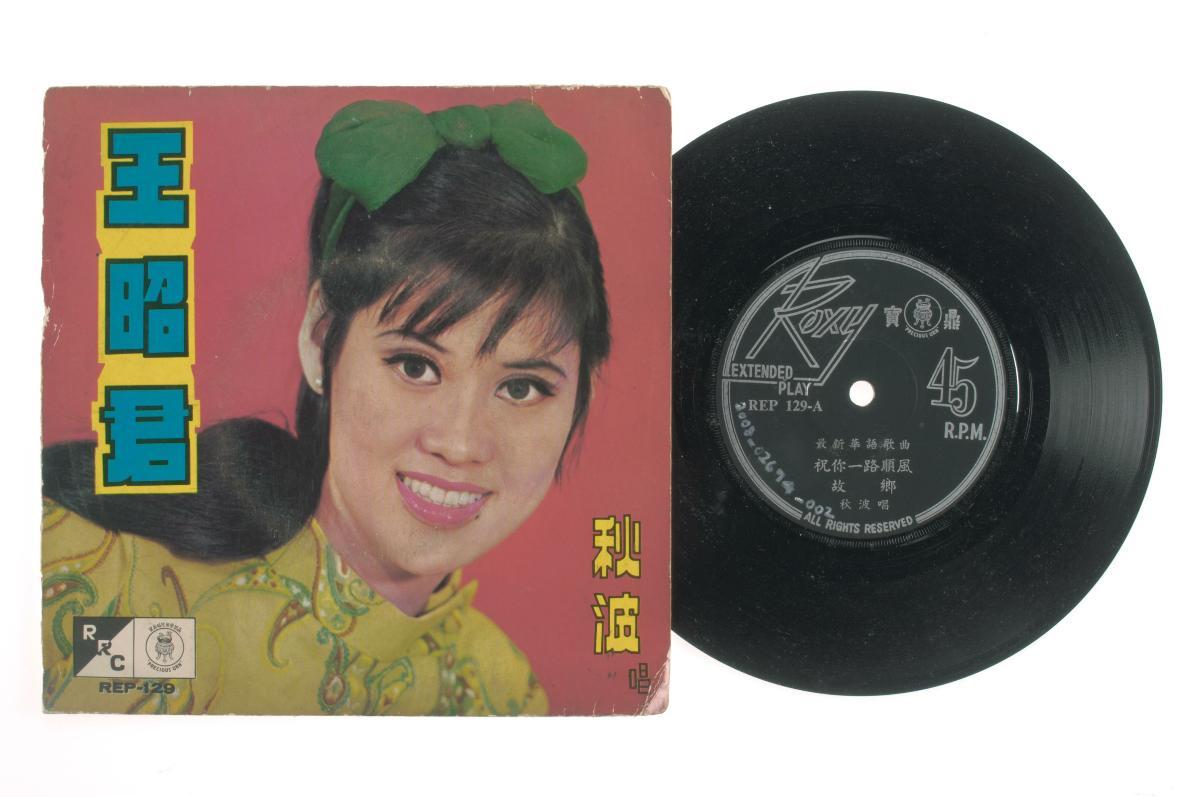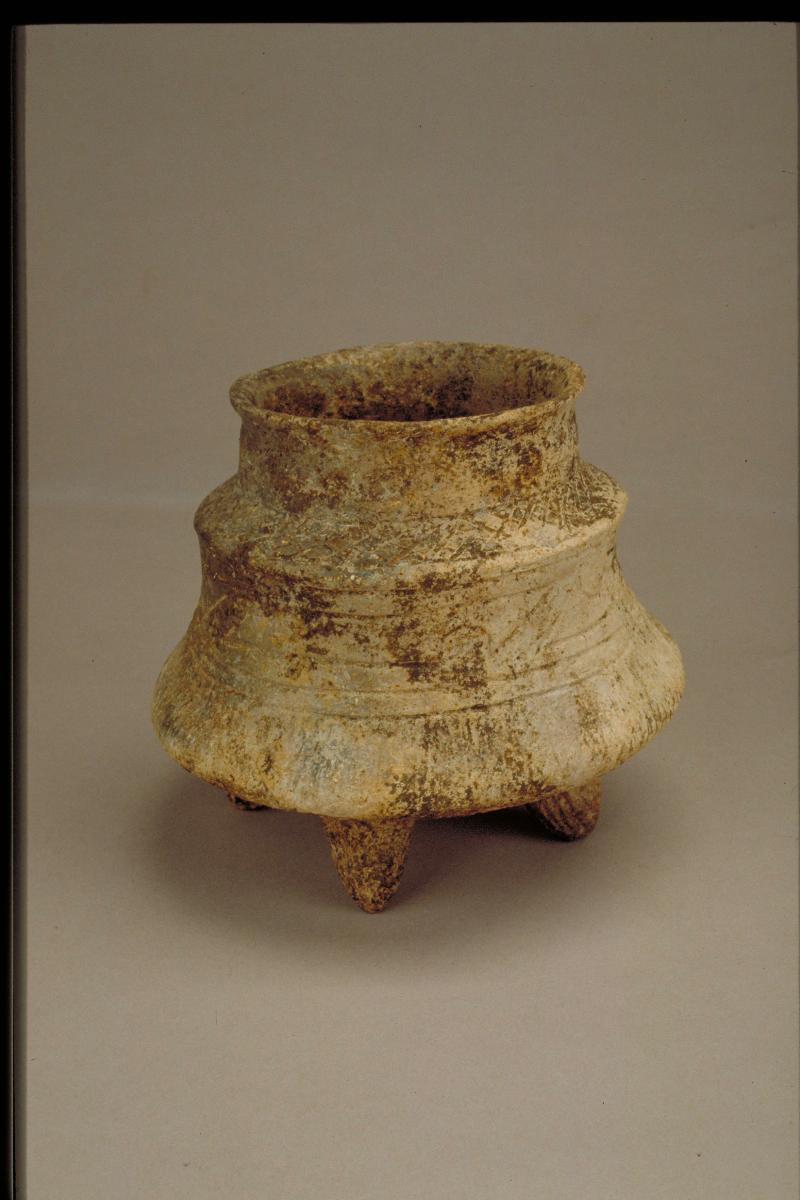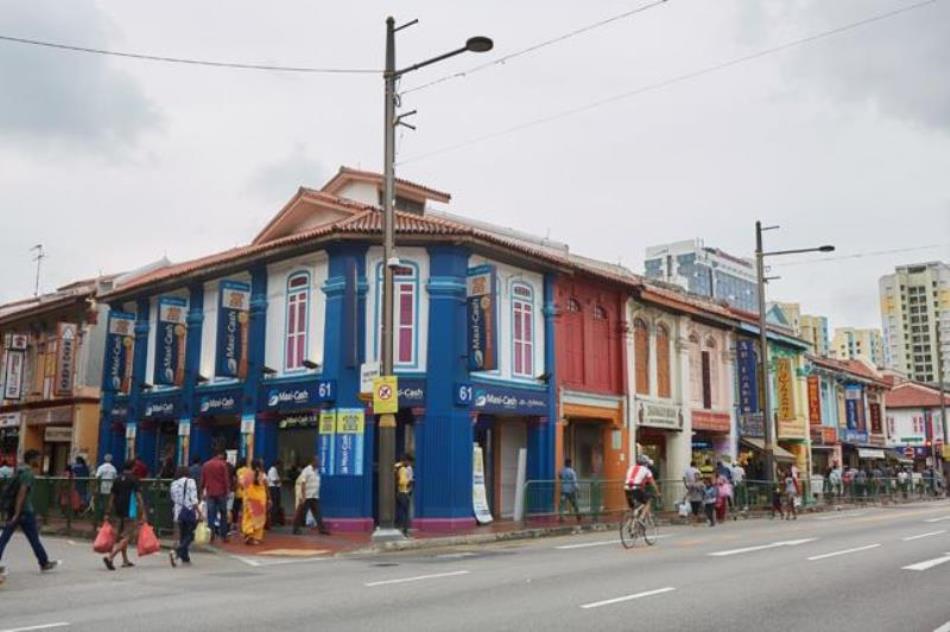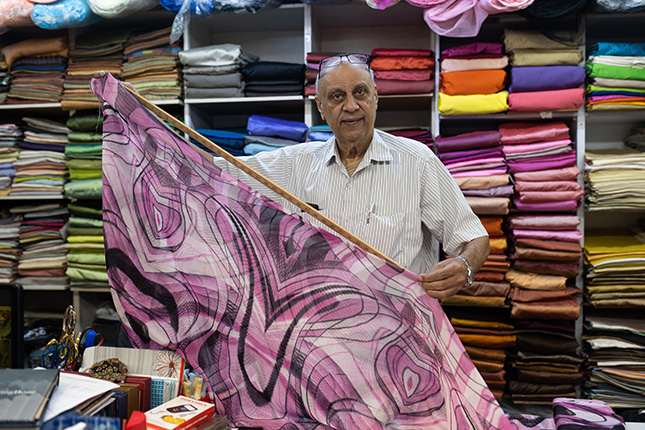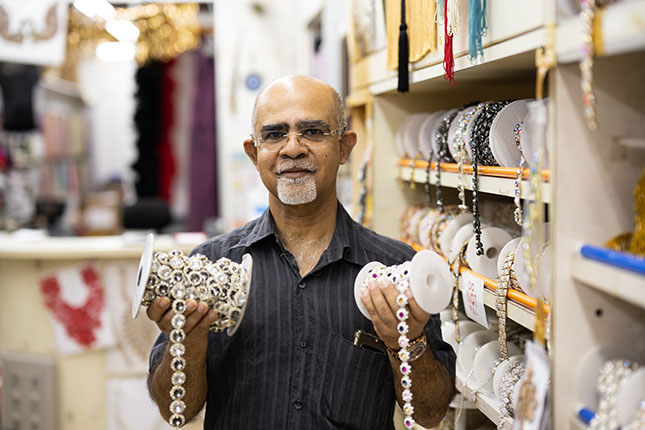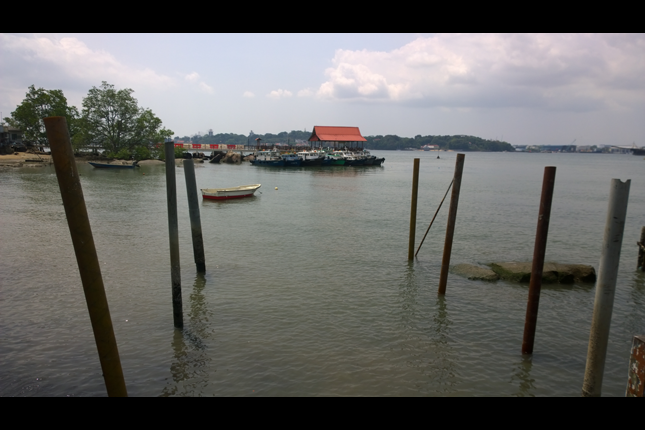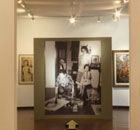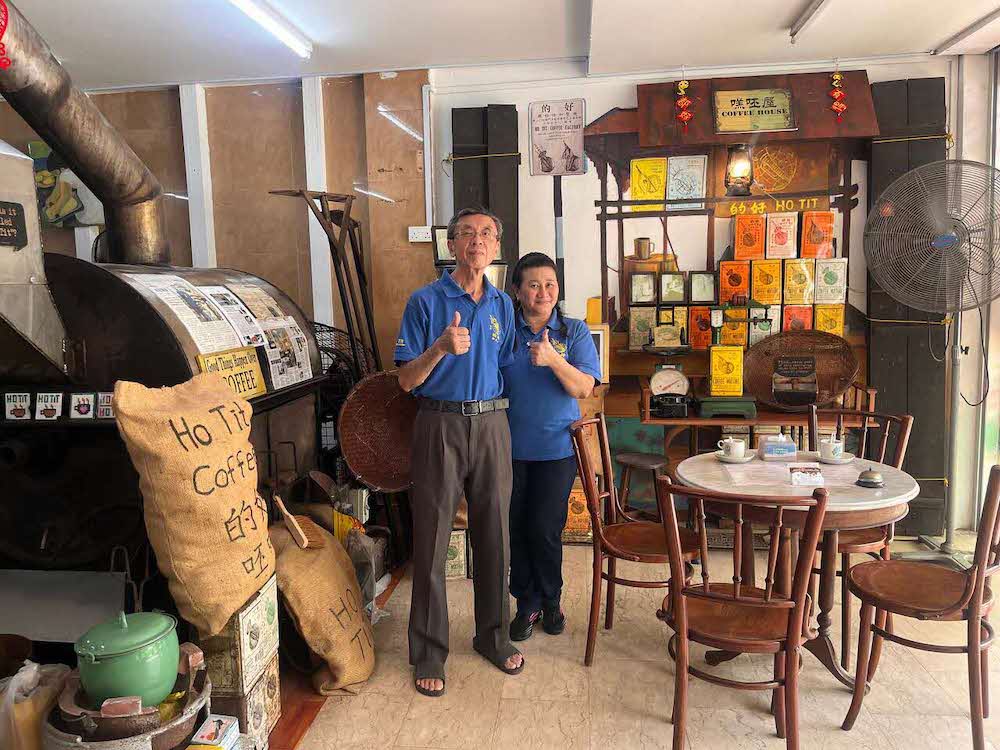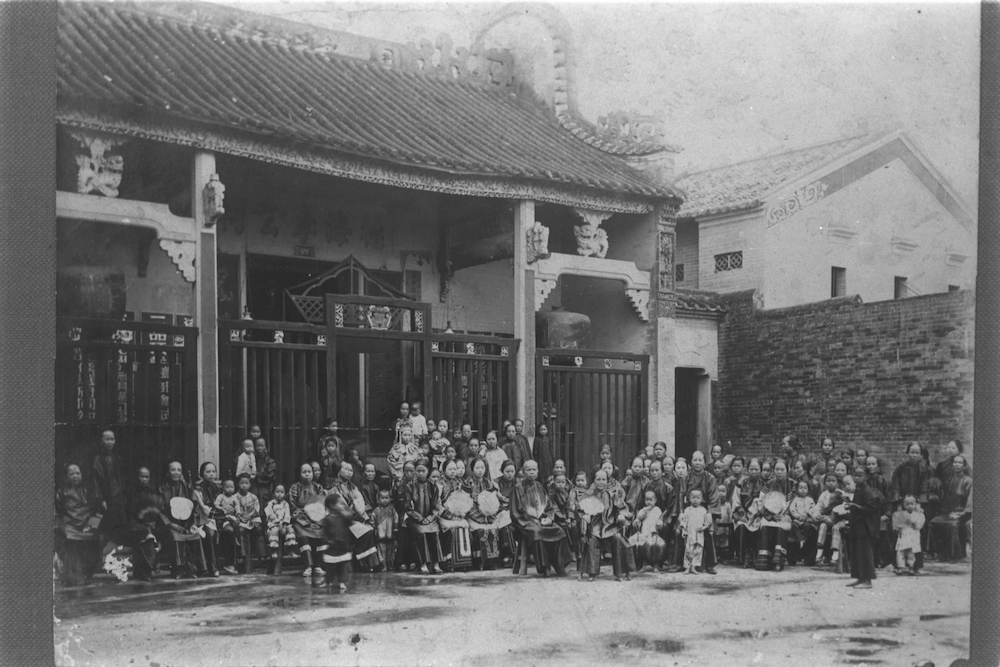Family Always Comes First
|
Name of business: |
C.P. Ghariwala |
|
Business type: |
Muslim prayer mats (sejadah), shawls and souvenirs |
|
Established: |
1939 |
C.P. Ghariwala has ceased operations as of 31 July 2022.
Among products like souvenirs and shawls, C.P. Ghariwala was known for its high-quality sejadah (Muslim prayer mats). The shop's history traces from Singapore back to Mr Paresh Gharivala’s family roots in Gujarat, India. Though it is now closed, family has always remained at the core of the business, even at the end.
In 1939, Mr Paresh’s granduncle – Mr Chandulal Tulsidas Gharivala came to Singapore on the advice of his relatives, where he established his business, C.P. Ghariwala. Subsequently between 1942 and 1945, the business temporarily halted during the Japanese Occupation. His granduncle went back to India then, only returning to Singapore after 1945 to resume their business. Later in 1953, he called Mr Paresh’s father – Mr Rameshchandra Chhotalal Gharivala – to come to Singapore to help with the business when he was sixteen.
As one of the first few businesses to import prayer mats into Singapore, Mr Paresh’s father acquired an exclusive contract with a Turkish company called Aydin Textiles, which manufactured high-quality mats. Things were looking up for the family, but they had to vacate their original Arab Street shophouse due to the government’s plans to redevelop the Kampong Gelam area in the 1970s. Between the 1970s to the 1990s, they were mainly exporting mats to Indonesia, but everything changed after the 1997 Asian Financial Crisis. The economic downturn forced them to pivot from wholesale to retail.
They found a spot in Baghdad Street, which proved to be a hotspot for tourists. Seizing the opportunity, they introduced other products, such as shawls and souvenirs. During this time, their customer base diversified substantially, and interestingly, almost half of their customer base were Japanese tourists. To Mr Paresh, his Japanese customer base was one of the most memorable aspects of running the business. He keeps postcards and letters sent to him by some of his Japanese customers whom he continues to correspond with. Unlike other businesses which often use such correspondences as a means of publicity, “our business strategy is very different. We don’t want to portray ourselves, advertise in that way lah. My father taught us that whatever business [is] going to come to you, it will come to you”. Because of their warm, service-oriented approach, they have amassed a group of loyal customers who in return, have brought them joy and fulfilment.
C.P. Ghariwala’s days in Baghdad Street were short-lived and they relocated in 2003 to what would be its last location – a shop unit at 36 Bussorah Street.
Mr Paresh grew up helping out at the shop but left to work elsewhere after graduating from university, leaving his father and brother to run the business. After their father retired, Mr Paresh’s brother – Mr Pankaj was the one managing the business, but Mr Paresh decided to come back to help due to his brother’s health issues. The COVID-19 pandemic added to the family’s challenges, and it was a rough period for the business as their sales reached a standstill. Sales of shawls dropped by 95%, and they lost monopoly on the sale of prayer mats as they were unable to meet the minimum quantity order for their prayer mats. With the relaxation of COVID-19 measures, there was a relative increase in the demand for their prayer mats due to the requirement for worshippers to bring their own mats to mosques.
During this time, Mr Paresh acknowledges the strong sense of community, or “gotong-royong” (mutual assistance) that helped sustain the business. As he was only able to come in the afternoons, neighbours would often help his brother open the shop and carry items. When customers asked for certain items which they did not carry, they would point them elsewhere. If a shop did not have a NETS or credit card machine, there would always be shop owners that would step up to lend theirs. Some of them have even known Mr Paresh’s family for generations, such as the owners of Salmin & Co, located just a stone’s throw away at 25 Bussorah Street.
Mr Paresh reminisces of the days when he helped his father at the shop after school, while all his friends went home to watch television: “The curiosity is there, you see. And we used to pack boxes and all that…and my father used to reward us with chocolates and drinks which made us happy lah. I didn’t get physical money, but I did get these which made me happy lah.”
The ceasing of the shop’s operations in July 2022 was a sentimental moment for Mr Paresh and his brother. Leading up to this, they were considering whether to stop the business but his brother’s heart attack was the catalyst for the final decision: “Unfortunately, he [Mr Pankaj] had his heart attack, then it’s time for you to stop doing it lah. Because I myself cannot be running around. We are all getting old. When we were younger, it’s different lah. Business is still there. If you run it, we can still make money—not that we can’t—but it’s, at what cost… you know you’re putting your health at risk.” Mr Paresh will always treasure the memories of the different people and stories he encountered, and he hopes that they will be remembered for their dedication to their customers and friends.
Interviewed by Ahmad Fakhruddin Bin Mohd Fadzuli and Ahmad Hasif Bin Mohammad Amran on 13 May 2022.














